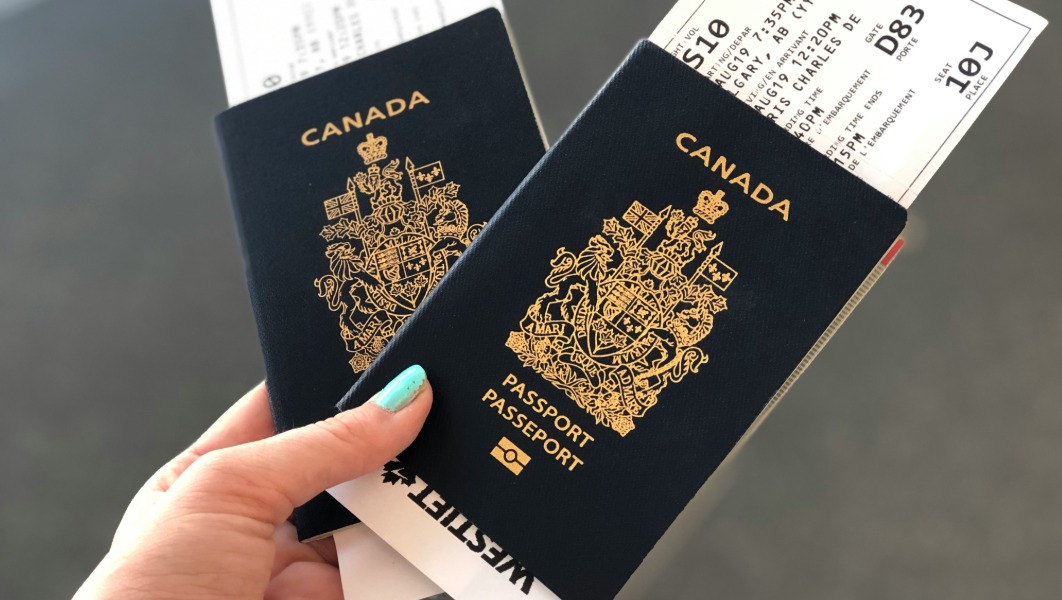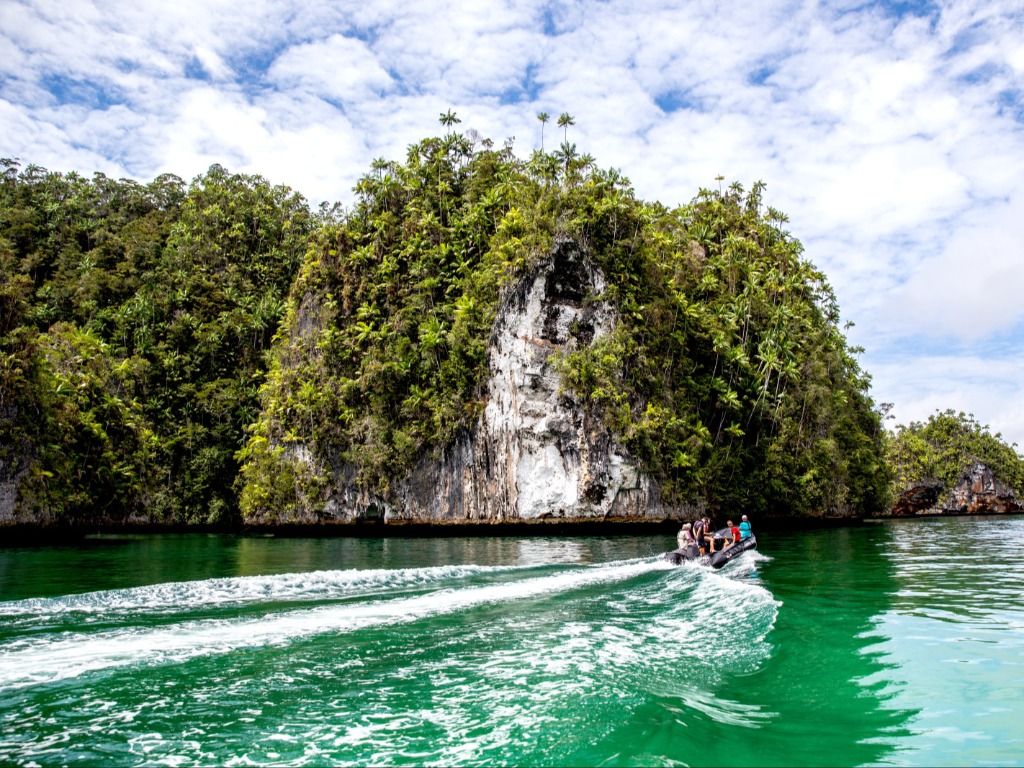Ontario & Quebec travellers will spend the most this summer, Deloitte says

Sky-high costs and ongoing economic pressures aren’t dampening the mood this summer season.
According to the 2024 summer travel outlook: Canadian destinations in the spotlight, Canadians are eagerly making travel plans and are ready to get away and make up for missed travel time. Overall, consumers plan to spend an average of $2,405 on transportation and lodging costs for their major summer trip, with three in four (74 per cent) planning to stay in the country and experience the very best it has to offer.
“The evolving landscape of summer and leisure travel presents significant growth opportunities to the travel and hospitality industry stakeholders as they prepare for the increasing demand in Canadian tourism, keeping in mind that travellers will still be price-sensitive,” said Leslie Peterson, national transportation, hospitality, and services industry leader at Deloitte Canada. “Despite an unpredictable economic climate, Canadians still value their travel plans for the upcoming summer season and are more eager than ever to make the most of their time off. From lakeside getaways to big city escapes, Canadians plan to vacation within our own beautiful country.”
Canadian travel trends revealed

The report explores the travel trends of Canadians as they prepare for the summer travel season, and their impact on the tourism sector in Canada. Some of the key findings include:
- Travellers from Central Canada (Ontario and Quebec) will spend more than those from the rest of the country ($2,459 on average).
- Around three in four Canadians (74%) plan to stay in the country for their big summer vacation—and most plan to stay within their home region rather than make long treks.
- The ‘shop small and local’ trend continues to shape tourism across Canada: Canadians want to support local, independent, and family-owned businesses (79%) rather than chains, multinationals, big box retailers, and large corporations (21%).
- Prince Edward Island is expected to see the largest share of visitors from outside its region, with 78 per cent of its visitors coming from Central or Western/Northern Canada.
Canadians crave Indigenous (First Nations, Métis, and Inuit) travel experiences, such as cultural workshops and traditional lodgings. The report shows Indigenous-owned and -operated tourism is gaining traction, driving opportunities for Indigenous tourism businesses and communities.
Fifty-seven per cent of Canadians are likely to take part in those experiences in the future, Gen Zs (75%) and Millennials (68%) being the most eager to participate. Indigenous tourism organizations would benefit from partnering with national and provincial governments to raise further awareness and offer new experiences to travellers.
Gen Z spending the least

While Gen Xs plan to spend the most on travel this year ($2,671), Gen Zs intend to spend the least ($2,100). The report also shows Gen Zs and Millennials are the biggest fans of sustainable and regenerative tourism, saying it’s important that their travel destinations and experiences demonstrate environmental sustainability in some form, such as low carbon footprints, renewable energy sources, and EV charging stations.
They are the most willing to participate in such travel experiences, and the most willing to pay for them.
“The demand for sustainable and regenerative travel is gaining momentum, but not all Canadians are willing to pay the price to help leave a place better than they found it,” adds Leslie Peterson. “Tourism businesses that can overcome greenwashing-related skepticism and explain the lasting value of sustainable travel by backing up claims with facts will foster trust in eco-friendly tourism offerings and position themselves at the leading edge of this burgeoning trend.”
Learn more about the 2024 Canadian Summer Travel Outlook here.


